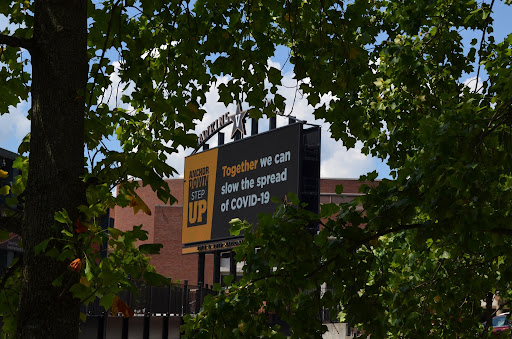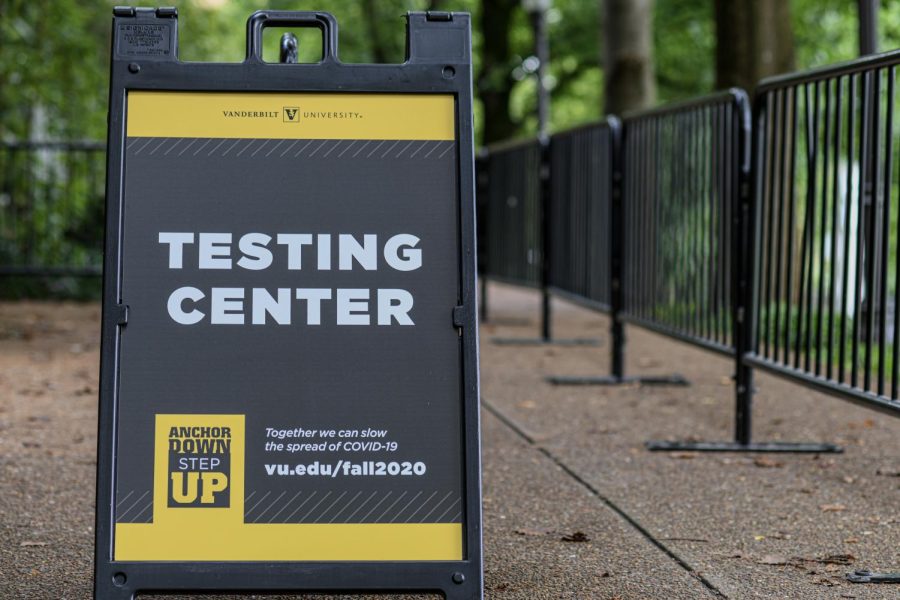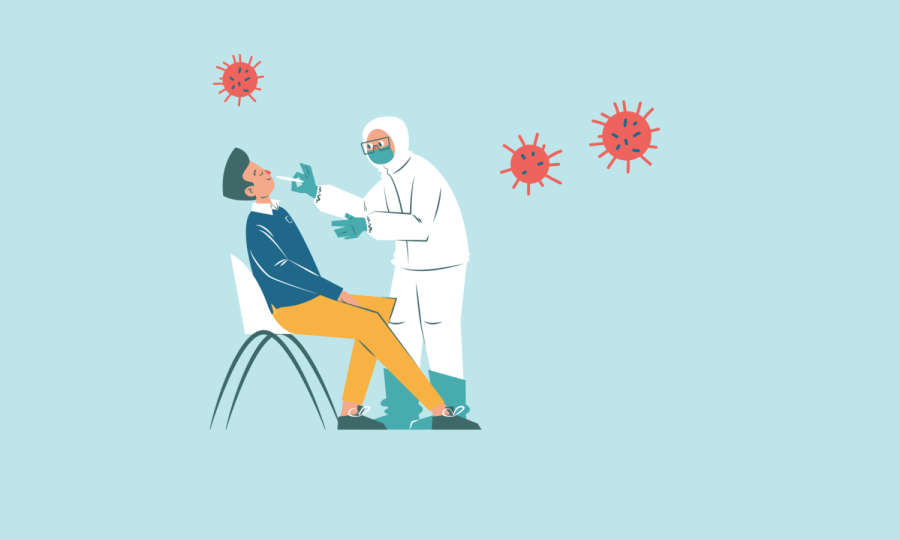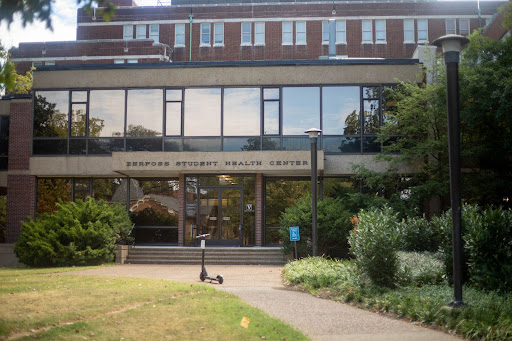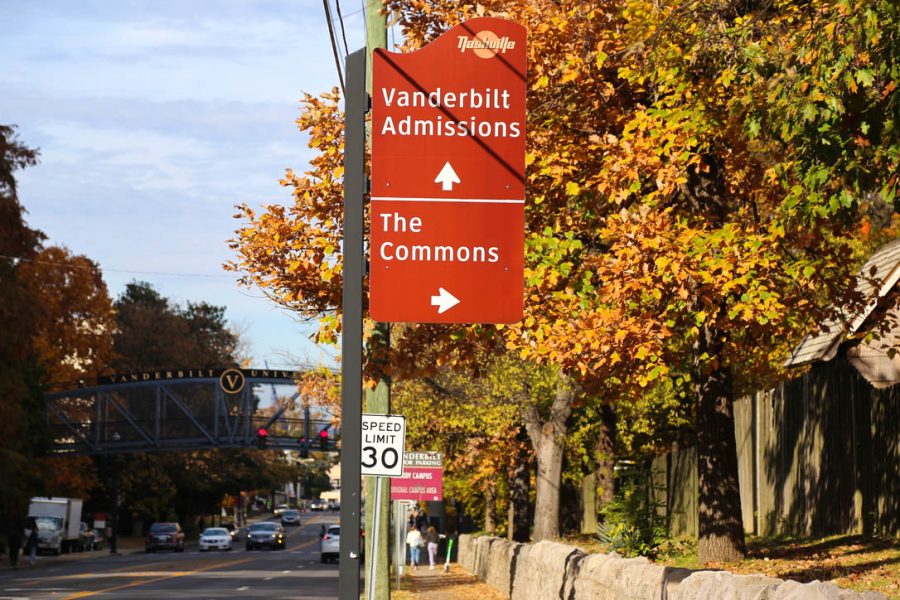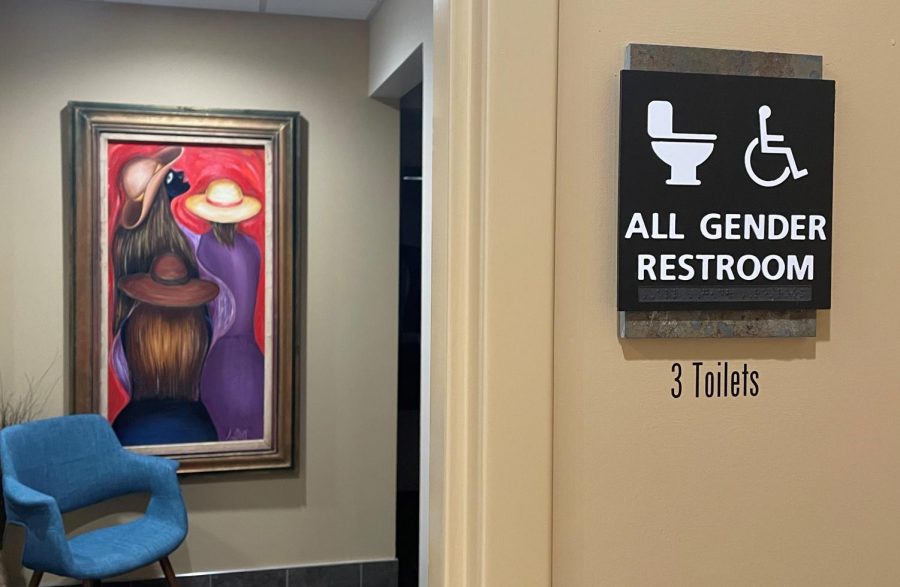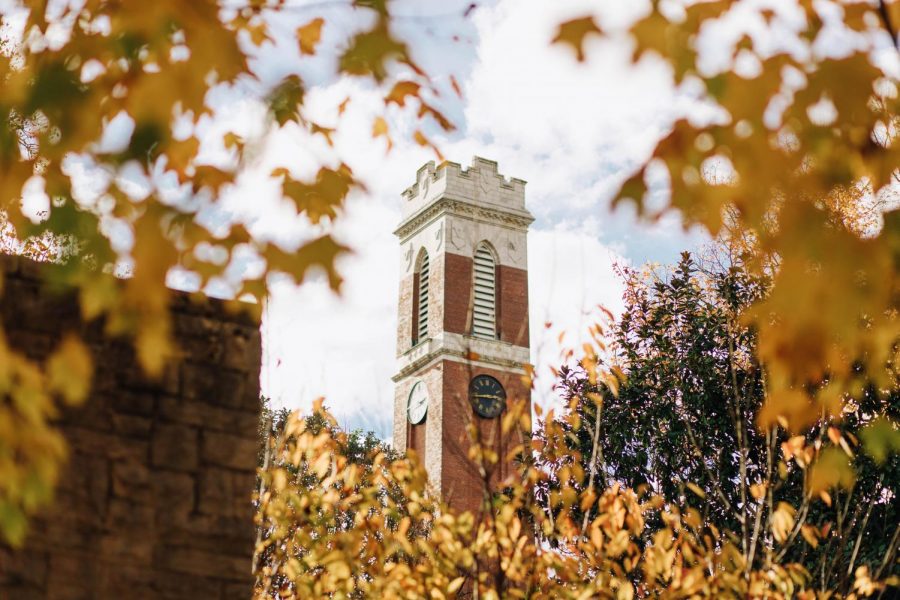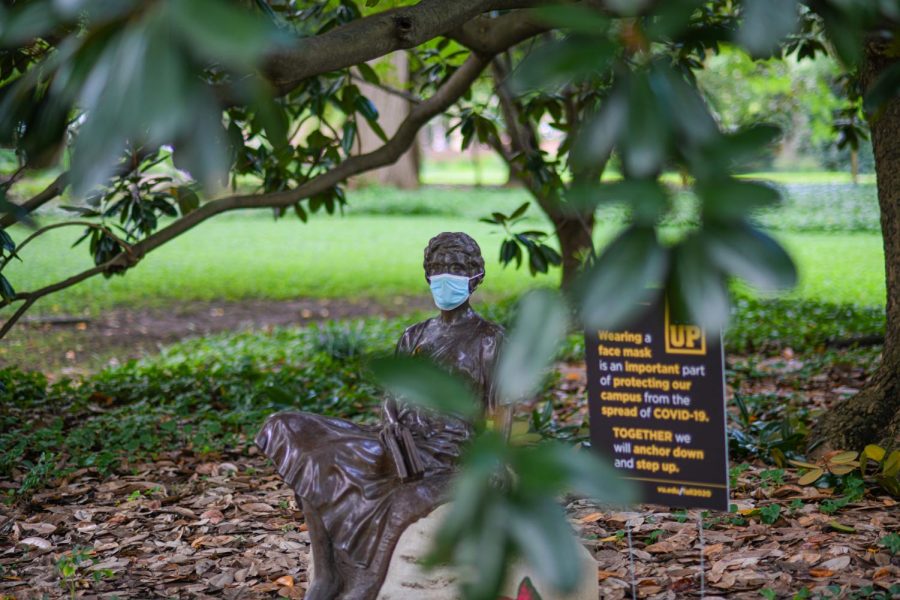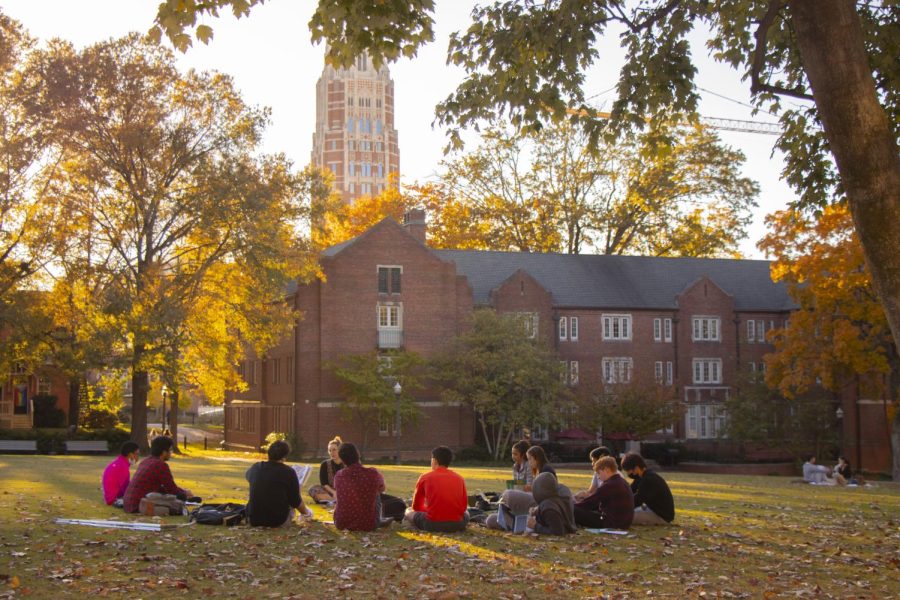In a Sept. 15 press release, Vanderbilt announced the launch of a COVID-19 sentinel testing program for members of the Vanderbilt community.
The Center for Disease Control and Prevention (CDC) refers to sentinel testing as a “special surveillance activity” that is useful in disease data collection on trends, rather than individual cases.
In a Sept. 17 video, Associate Vice Chancellor for Health and Wellness Pam Jones explained the purpose of the sentinel testing program.
“We really focus on making data-driven decisions as we implement our protocols around COVID prevention,” Jones said. “This [sentinel testing program] is another piece of data that we would get that gives us an indication of, in an asymptomatic population, what is the prevalence of disease.”
All individuals in Vanderbilt’s community are subject to be chosen for the sentinel testing program.
“A random sample of each category (faculty, staff, undergraduate students and graduate/professional students) will be selected,” a university representative said in an email to The Hustler. “The sample size may change depending on positivity rate.”
Selected participants will be notified via email about their testing requirement a week before they need to be tested, per the press release. The asymptomatic testing center is located at the David Williams II Recreation and Wellness Center (the Rec) in the auxiliary gym.
First-year Patricia Weti expressed interest in seeing how the testing program will play out and the overall effectiveness of using a random sample from the campus community.
“I think that asymptomatic testing will be an interesting and probably helpful practice,” Weti said. “I just think that Vanderbilt needs to be very careful with how they proceed with the random selections.”
The press release noted that students should not eat, drink or chew gum within 60 minutes before getting tested. It also said students do not need to be quarantined after testing and will receive further instructions from the Public Health Command Center in the case of a positive test result.
Senior Ryan Suddath—a former Hustler staff writer—was selected for the program and was emailed on Sept. 17 about his testing requirement. He said the testing program went smoothly, although he was a little frustrated by the inconvenience of limited testing site hours due to conflict with class times and the walking distance to the Rec.
“These little things, though maybe annoying to have to walk across campus far away, I don’t mind and I support it if it means that we can keep up this Fall like we have,” Suddath said.
Per Suddath, the testing process is comparable to last year and in some ways is easier. He said it is still a saliva test and includes the wider tubes used in Fall 2020 as opposed to the narrow tubes used in Spring 2021. Suddath also said he did not need to answer any personal questions or log in to Vault as was required last year.
Universities adjacent to Vanderbilt on the 2022 U.S. News Best National Universities ranking have also implemented testing programs in order to monitor the prevalence of COVID-19 on their campuses.
Brown University, tied with Vanderbilt at No. 14, requires all undergraduate students to be tested twice a week, regardless of vaccination status. Graduate students and employees are tested twice a week if unvaccinated and once a week if vaccinated. About 98 percent of Brown’s 9,948 students are currently vaccinated. Out of the 16,162 tests administered from Sept. 14-20 for the asymptomatic testing program, 0.2 percent were positive cases.
Washington University in St. Louis (WashU), also tied with Vanderbilt at No. 14, requires unvaccinated students and staff to be tested every other week. Fully vaccinated individuals are not subject to any form of testing. WashU, with a total student enrollment of 15,539 students, reported 16 positive cases from Sept. 13-17. Ninety-eight percent of the WashU community is currently vaccinated.

